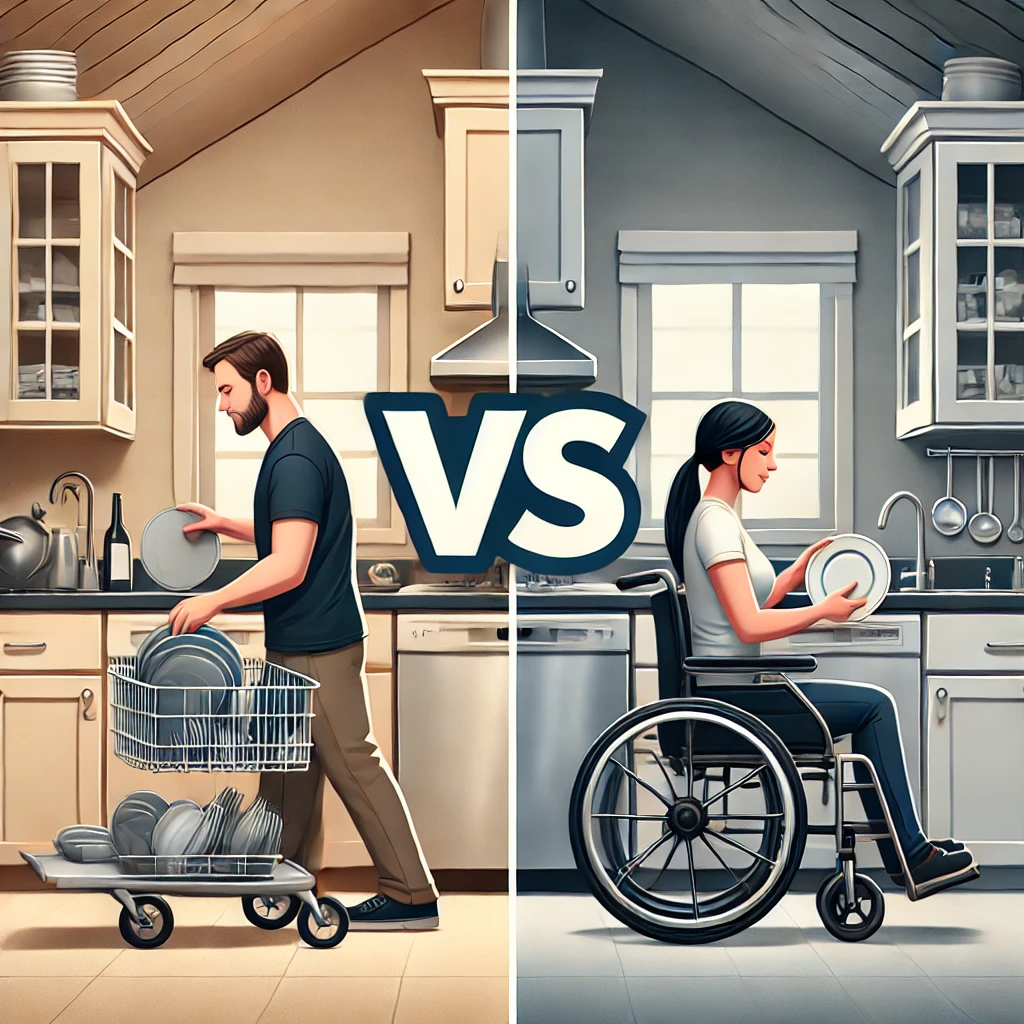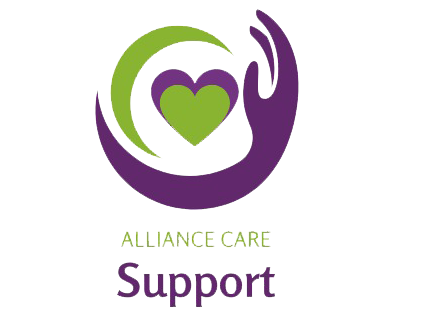
SIL or SDA, Which is the best for NDIS you?
SIL or SDA: Which is Better for NDIS Participants?
Navigating the complexities of the National Disability Insurance Scheme (NDIS) can be challenging, especially when it comes to choosing the right type of accommodation support. Two of the main options available for NDIS participants are Supported Independent Living (SIL) and Specialist Disability Accommodation (SDA). Understanding the differences between these options is crucial in making an informed decision that best meets the individual needs of participants.
Understanding SIL and SDA
Supported Independent Living (SIL)
Supported Independent Living (SIL) is designed to help individuals with disabilities live as independently as possible while receiving necessary support. SIL is typically provided in shared living arrangements where participants live with others but receive individualized support tailored to their needs.
Key features of SIL include:
- **Daily Support**: Assistance with everyday tasks such as cooking, cleaning, personal care, and managing medication.
- **Skill Development**: Programs to enhance skills for independent living, such as budgeting, social skills, and community participation.
- **24/7 Availability**: Support staff are available around the clock to provide assistance when needed.
- **Flexible Support**: Support levels can be adjusted based on the participant’s changing needs.
Specialist Disability Accommodation (SDA)
Specialist Disability Accommodation (SDA) refers to housing that has been specially designed or modified to cater to individuals with very high support needs or significant functional impairments. SDA homes are built to meet specific accessibility and support requirements, ensuring a safe and comfortable living environment.
Key features of SDA include:
- **Purpose-Built Housing**: Homes designed or modified with features such as wider doorways, hoists, and accessible bathrooms to accommodate high physical support needs.
- **Customized Environment**: Spaces are tailored to meet individual needs, promoting safety, comfort, and independence.
- **Long-Term Stability**: SDA provides a long-term housing solution, often with an emphasis on creating a sense of home and community.
- **Integration with Support Services**: SDA properties are often linked with SIL supports, ensuring participants have access to the care they need.
Comparing SIL and SDA
When deciding between SIL and SDA, several factors need to be considered, including the level of support required, personal preferences, and the nature of the disability.
1. Level of Support
- **SIL**: Ideal for individuals who require significant support but can benefit from a shared living environment. The focus is on enabling independence with the safety net of 24/7 assistance.
- **SDA**: Best suited for those with high physical support needs who require specialized accommodations. SDA provides a tailored environment that minimizes barriers and maximizes comfort.
2. Living Environment
- **SIL**: Typically involves shared accommodation, which can foster social interactions and community engagement. This is beneficial for those who thrive in a communal setting.
- **SDA**: Offers a more individualized living environment, which can be crucial for those who need specific modifications to their living space for safety and independence.
3. Independence and Autonomy
- SIL: Emphasizes developing independence and daily living skills, making it a great option for those looking to grow their capabilities and reduce reliance on support over time.
- SDA: Focuses on providing a stable and supportive environment that accommodates high support needs. Independence is facilitated through tailored modifications rather than reduced support.
4. Flexibility and Adaptability**
- SIL: Provides flexibility in adjusting support levels as needs change. This adaptability is crucial for participants whose support requirements may fluctuate.
- SDA: While SDA homes are highly specialized, they are less adaptable to changing support needs compared to the flexible support available in SIL settings.
SIL in South Australia: Our Commitment
At Alliance Care Support, we are dedicated to providing exceptional SIL supports across South Australia. Our services are tailored to meet the unique needs of each participant, promoting independence, skill development, and community integration. Here’s what sets us apart:
- **Personalized Support Plans**: We create individualized support plans that align with the goals and aspirations of our participants, ensuring they receive the right level of care and assistance.
- **Experienced and Caring Staff**: Our team is composed of highly trained professionals who are passionate about helping individuals achieve their full potential in a supportive and nurturing environment.
- **Community Integration**: We emphasize community engagement, helping participants build meaningful connections and access local resources and activities.
- **24/7 Assistance**: With round-the-clock support, our participants and their families can have peace of mind knowing that help is always available.
Making the Right Choice
Choosing between SIL and SDA is a deeply personal decision that depends on various factors including the nature of the disability, individual preferences, and the desired level of independence. Both options offer unique benefits and cater to different needs within the NDIS framework.
At Alliance Care Support, we understand the importance of making the right choice and are here to support you every step of the way. Whether you’re considering SIL or exploring other options, our team is ready to provide guidance and assist in finding the best solution for your needs.
Conclusion
Deciding between SIL and SDA involves understanding the distinct features and benefits of each option. Supported Independent Living (SIL) offers a flexible, supportive environment that encourages independence and community involvement, making it ideal for those with varying support needs. On the other hand, Specialist Disability Accommodation (SDA) provides a tailored, accessible living space for individuals with high physical support requirements.
As you navigate these choices, remember that the goal is to find a living arrangement that not only meets your support needs but also enhances your quality of life and promotes your personal goals. For NDIS participants in South Australia, [Your Company Name] is here to help you achieve just that.


 About Us
About Us